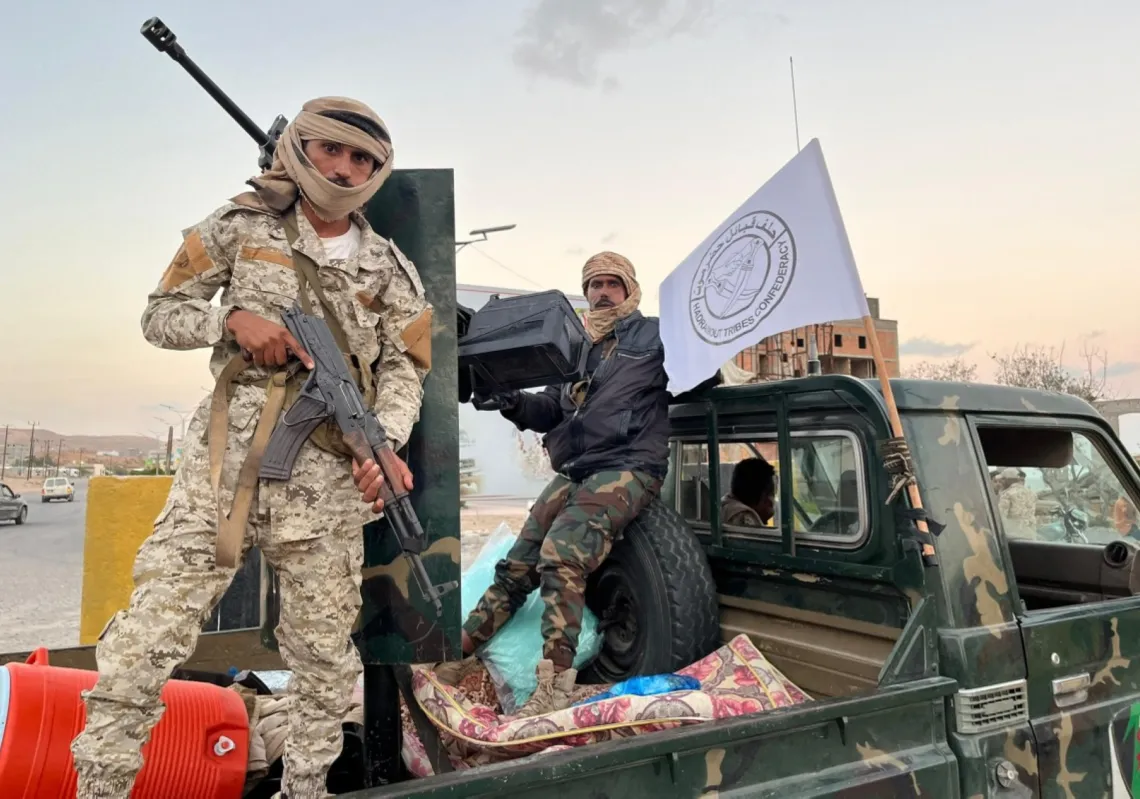According to statistics on trends in Internet, we can say that the political field is the least affected by the rising numbers of Internet users in the Arab World. This conclusion has been reached by research of Websites such as “Alexa”, whose methodology involve the thorough examination of content and the size of data transfers on the internet.
This outcome seems correct if we understand politics as a systematic structure concerned with direct content. This content usually includes opposition websites and counter-arguments to the government discourse.
This fact is due not only to government control and filtering of the banks of digital data flowing to the public, but also to both the weakness of responsible content and the fact that the broader segment of Internet users, the youth, is more focused on entertainment content and social networking.
However, a not less valid explanation would be that politics on the Internet is amorphous, often existing as the promotion of public events where the religious mixes with the political. The social field also intersects closely with these factors through the status of political freedoms and the absence or dire weakness of political parties.
These aspects in turn have brought to a number of public life fields a severe political formula.
The politicization of the Internet is an Arab phenomenon bound to increase if one takes into account the daily rise in the number of network users (Internet users in the Arab world represent 15% of the population, 60% of them are in the Gulf region, with Egypt at the top with more than five million users).
This entails the development of a political discourse - whether in its public or hidden form - by groups operating outside the bureaucracy and politics.
Therefore, the political Internet will not be subject to pluralism’s classic rules of normal relations between political forces. The role of the political Internet has expanded unprecedentedly at the expense of real politics to become an instrument of control .
Hence, the firms dominating the Internet have turned into negotiation partners of governments in an effort to maintain these country’s sovereignty without threatening their own profits. (Google’s co-operation with the Chinese government being the most recent and revealing example.)
If we look beyond the political confusion in the Arabic Internet discourse, and if we consider culture in terms of identity and civilization, there is certainly a global cultural discourse with a striking similarity that is being formed on the internet.
This was expressed with a note of optimism by the legitimate father of the Internet (Tim Berners-Lee) in a paper submitted to the International Information Summit in Geneva.
Despite the cultural specificity that he underscores, he shows us how much we are similar to each other.
The future of political Internet with regard to the Arab countries is not promising if one takes into account the strict control over moderate opposition discourse or even over that which exceeds the norms.
If we look at numbers - which are commonly known not to lie - we find that, with the exception of government sites, official newspapers, and personal websites such as blogs, more than two-thirds of the politically active sites on the web contain radical content. These sites often support either political violence groups such as Al Qaeda and their brethren, or belong to a kind of discourse that lost its appeal in reality.
This discourse – as in the case of political Islam groups, the Baath, and, to a lesser extent, leftist discourse– finds a safe haven under the digital shadow.
This is due to the high cost of creating an un-individual Internet content, in addition to lack of coordination and collaboration. This internet content usually assumes an institutional umbrella to which it belongs. This institutional umbrella on the internet, is a mobilizing means to achieve impressive results, a priority that should not be overlooked. This may help explaining what Ayman Al-Zawahiri, Al-Qaeda’s number two, meant when he addressed his followers saying, "Half of our real battle is on the Internet".
Yussef Al-Dini –
Researcher in Political Science








